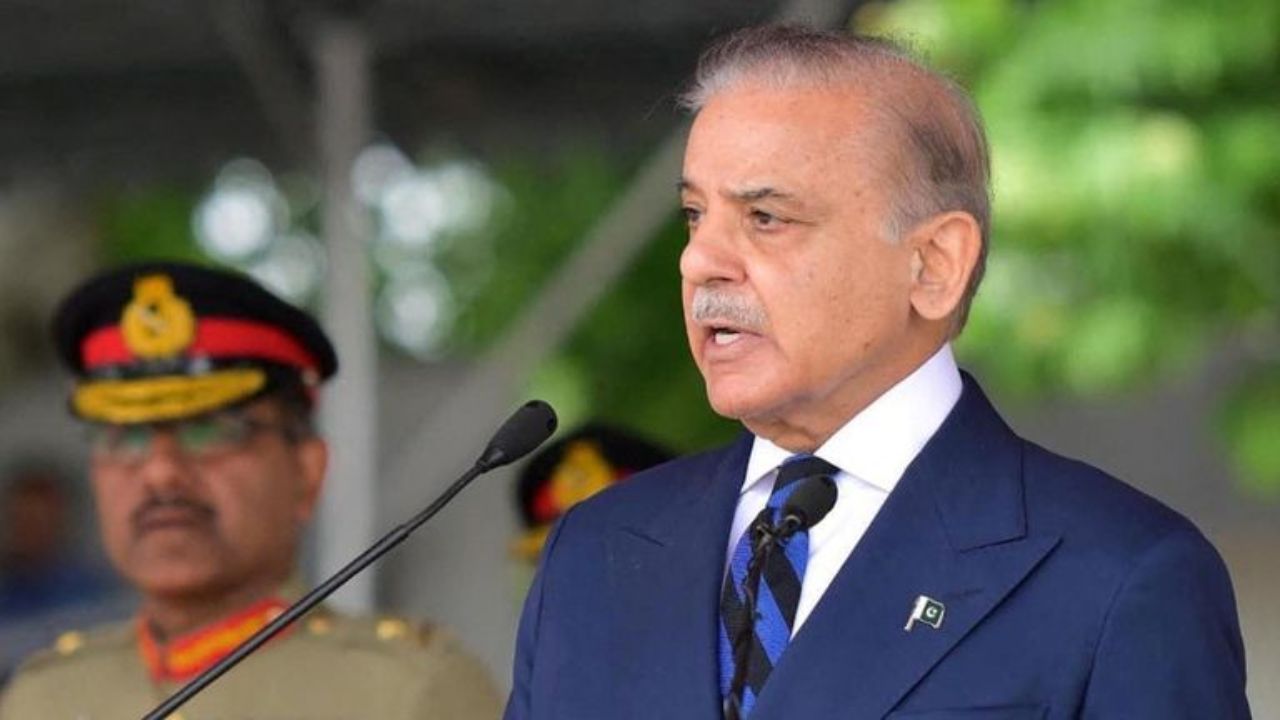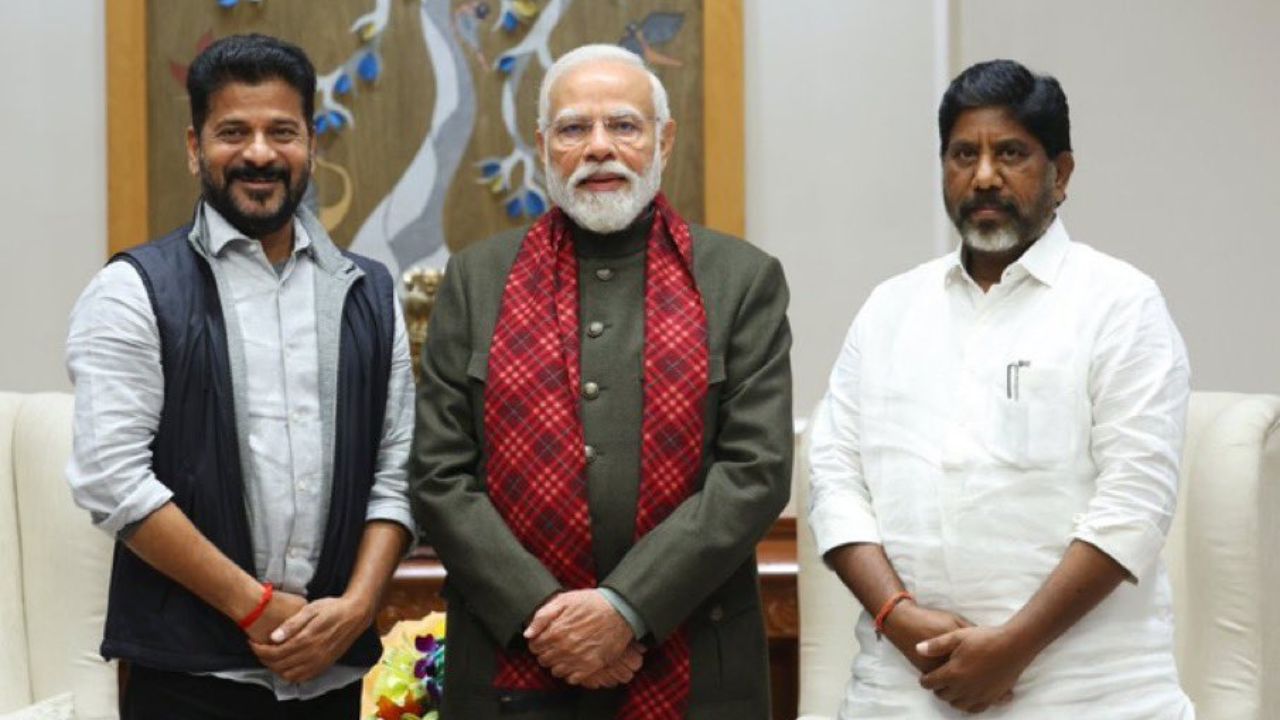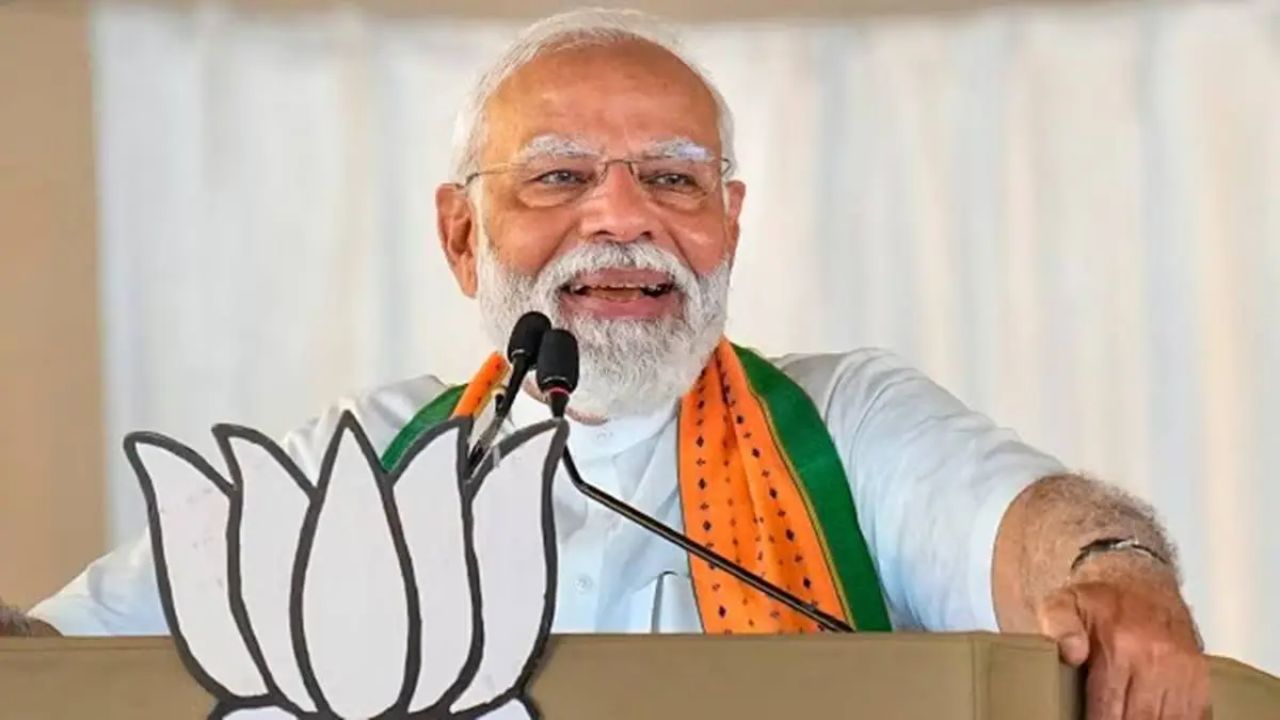Instead of focusing on Article 370 or similar topics, Jamaat candidates are prioritizing issues like women’s empowerment and job creation.
In a black car followed by a security vehicle, Farooq Ahmad Ganaie weaves through the winding roads of Aripanthan to reach Sikanderpora, a quiet village in the Beerwah constituency. Upon arrival, he discovers that the

In a black car followed by a security vehicle, Farooq Ahmad Ganaie weaves through the winding roads of Aripanthan to reach Sikanderpora, a quiet village in the Beerwah constituency. Upon arrival, he discovers that the men are absent, busy working in the fields.
“You should have informed us beforehand. We were unaware of your visit,” a local tells Ganaie, requesting that he wait for a while for the men to return.
Ganaie is an Independent candidate supported by the Jamaat-e-Islami, specifically the faction that is engaging with the Centre and has decided to contest in the Assembly elections. The Jamaat is backing ten candidates in the J&K elections, and Ganaie is the only one running in the second phase on September 25.
The last MLA from this seat was National Conference Vice-President and former Chief Minister Omar Abdullah. Among the twelve candidates contesting is jailed separatist leader Sarjan Barkati.
Amid accusations from opponents that the Jamaat is acting as a “proxy” for the BJP, similar to its newly allied Awami Ittehad Party (AIP) led by Engineer Rashid, Ganaie avoids discussing political issues like Article 370 or the release of prisoners, even the demand to lift the Jamaat’s ban.
Across Kashmir, Jamaat-backed candidates have refrained from addressing the Kashmir dispute, which once formed the core of the organization’s ideology. Instead, their campaigns focus on women’s empowerment, unemployment, and the drug crisis—issues common to mainstream parties.
Shamim Ahmad Thoker, the Jamaat’s Chief Election In-Charge, explains, “Our candidates are running as Independents and are addressing immediate constituency issues. Matters like resolving the Kashmir issue or the release of political prisoners are policy decisions best handled by a party.”
Ganaie echoes this sentiment, stating, “I cannot address those issues; only the leadership can. As a candidate, I must focus on local issues. People approach me about women’s empowerment, drug addiction, government schemes that fail to reach the poor. We’re here to fill a leadership void.”
Ganaie’s manifesto does not mention the revocation of special status or a resolution to the Kashmir issue but does emphasize identity and equal rights, which resonate with the core concerns of the Kashmir conflict.
He acknowledges that while candidates highlight local issues in their manifestos, the Jamaat panel offers guidance when requested. “Our silence on certain matters also conveys a message,” he adds with a smile.
The Jamaat, the only cadre-based party in the Valley after the National Conference, was banned five years ago by the Centre under the Unlawful Activities Prevention Act (UAPA). Since then, the organization has struggled to revive its network of workers.
This struggle is evident in Ganaie’s campaign, as demonstrated by the empty streets of Sikanderpora. A recent rally in Magam attracted few attendees, even with senior panel members present.
Rather than large rallies, Ganaie opts for a door-to-door campaign, holding indoor meetings and roadshows. His campaign vehicle is a modest car devoid of promotional materials and lacks loudspeakers or music.
Except for Kulgam, where Jamaat-backed candidate Sayar Ahmad Reshi is seen as a strong competitor against CPI(M) leader M Y Tarigami, similar challenges are faced by all Jamaat candidates.
A former Jamaat member attributes this lack of public support to internal divisions within the organization. “There’s confusion about the decision to participate in elections. A silent majority remains uncertain and is staying away.”
Ganaie counters this by asserting that the panel makes decisions after thorough discussions, ensuring no unilateral decisions are made.
In Beerwah, Ganaie faces significant competition from multiple candidates, including Barkati, known for his role in protests following Burhan Wani’s death, and Nazir Ahmad Khan from Engineer Rashid’s party. In the 2014 Assembly elections, Khan nearly defeated Omar Abdullah, losing by only 910 votes.
The NC has nominated Dr. Shafi Ahmad, a former MLA who represented Beerwah as a PDP legislator in 2008.
In the recent Lok Sabha elections, Engineer Rashid won the Baramulla seat, which includes Beerwah, defeating Omar Abdullah and Sajad Lone. Rashid led Omar by 5,000 votes in the Beerwah Assembly segment.
Ganaie’s involvement with the Jamaat began 16 years ago, long after it had ceased participating in elections. He formally joined the socio-political organization in 2012 at the age of 22. Now 34, he describes the Jamaat as peaceful, democratic, and reformist, noting that their educational initiatives inspired him.
As a resident of Sozeith village on the outskirts of Srinagar, Ganaie has led Friday prayers at his local mosque for six years. He feels that if he encourages others to advocate for their rights, he must lead by example, which motivated his entry into electoral politics.
He sees no contradiction in the Jamaat’s shift from boycotting elections to participating after nearly four decades.
“The Jamaat didn’t withdraw from politics; it just refrained from elections due to specific grievances. The upcoming 2024 parliamentary elections have given us hope for fair processes, and we want to work within the system to highlight pressing issues.”




